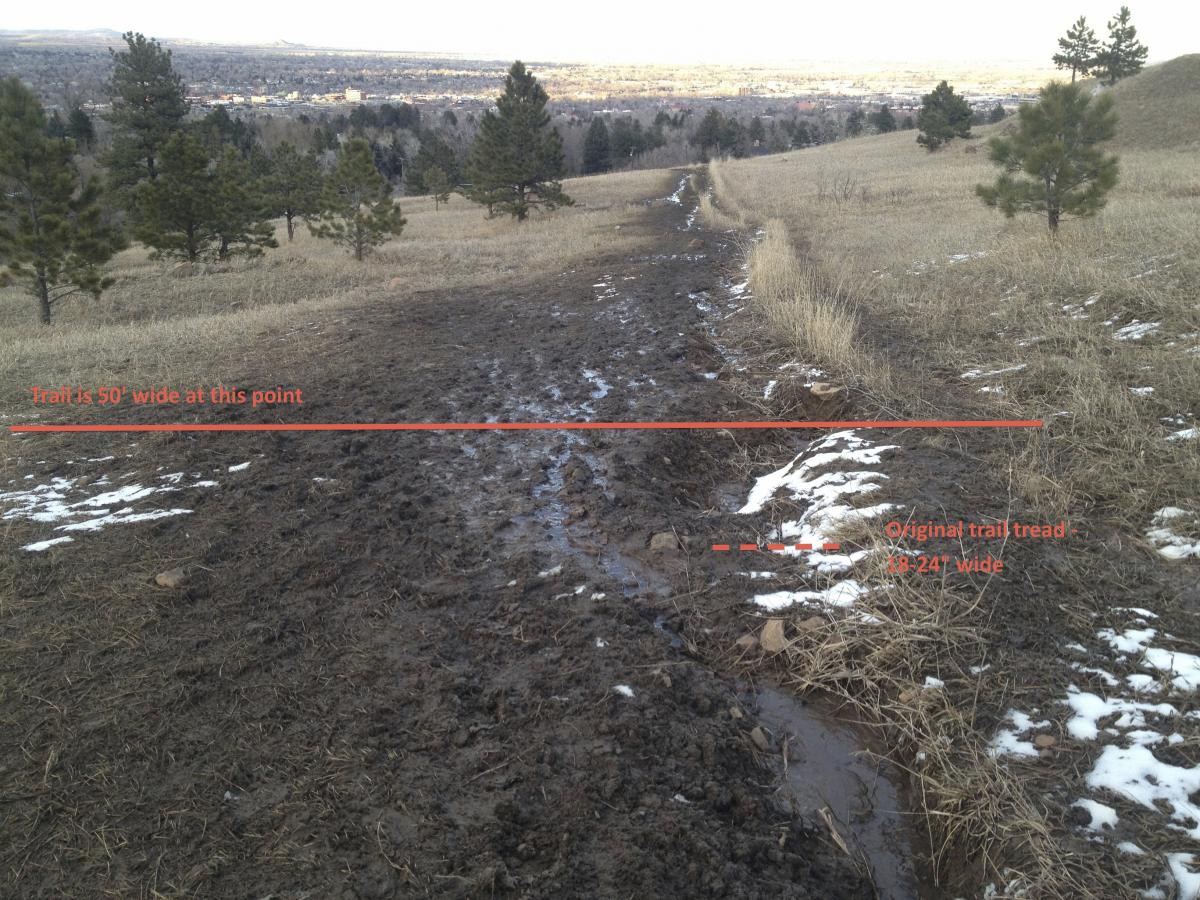The garden is almost ready. The total fenced area is about 1800 sq ft, but I'm only cultivating about 1000 sq ft. The rest will be used for chickens. I have a 6' wide path around the garden area, which I call the "chicken moat" - no bugs will be safe. How is this related to LNT? Plan Ahead and Prepare, and Dispose of Waste Properly - by growing food that I need, and composting the chaff, I reduce my overall footprint - my Trace, if you will.
Here's the main garden area - note the birdfeeder, which allows me to convert seed into nitrogen.
Next up is the old potato garden - a little wet, but the previous owner pulled 75 lbs of potatoes out of it. Clearly needs a little help.
Separate and up near the house is the berry patch and rhubarb.
Mint appears impossible to kill. Despite being repeatedly mowed last year, it's roaring back up.
Some ornamental quince - we got some fruit out of it last year, hard as a
rock. It's super high in pectin however, so it's going to get added
to my jams and jellies. The hummingbirds are fond of the red blooms.
No pictures of the herb garden, but the garlic, sage and oregano is exploding already. It all overwintered, which surprised me. The rosemary died, which also surprised me but I guess it's not hardy in this zone - and last winter was a doozy.


